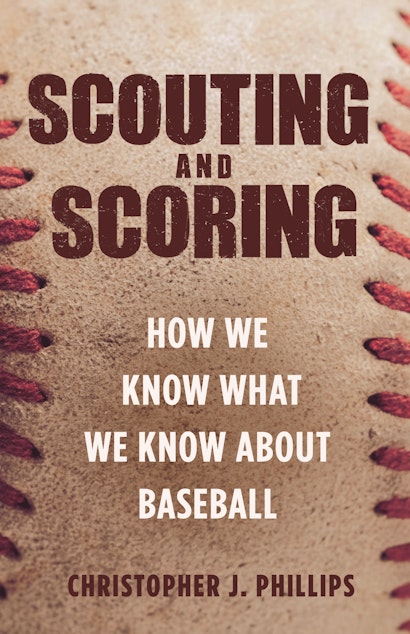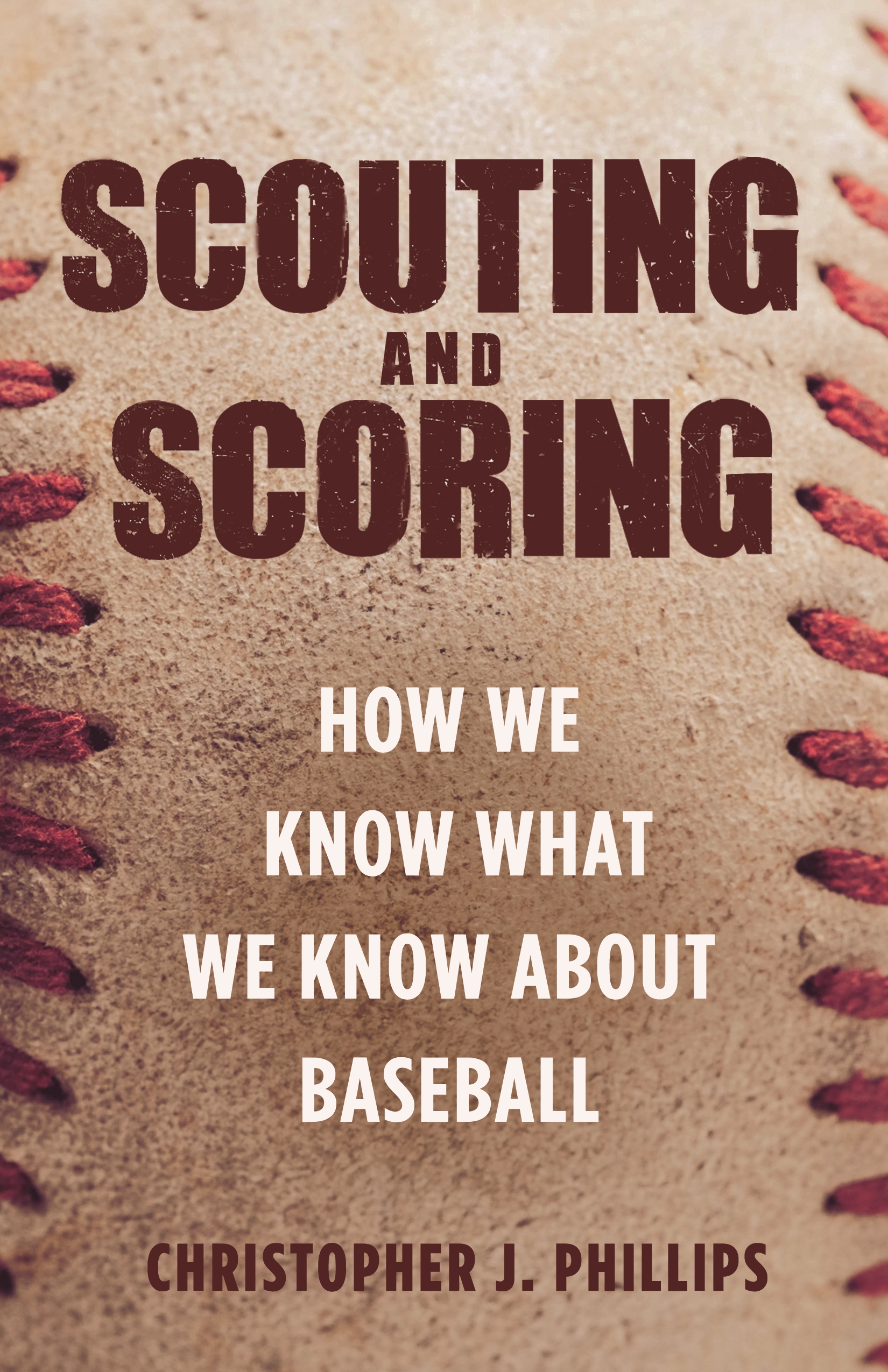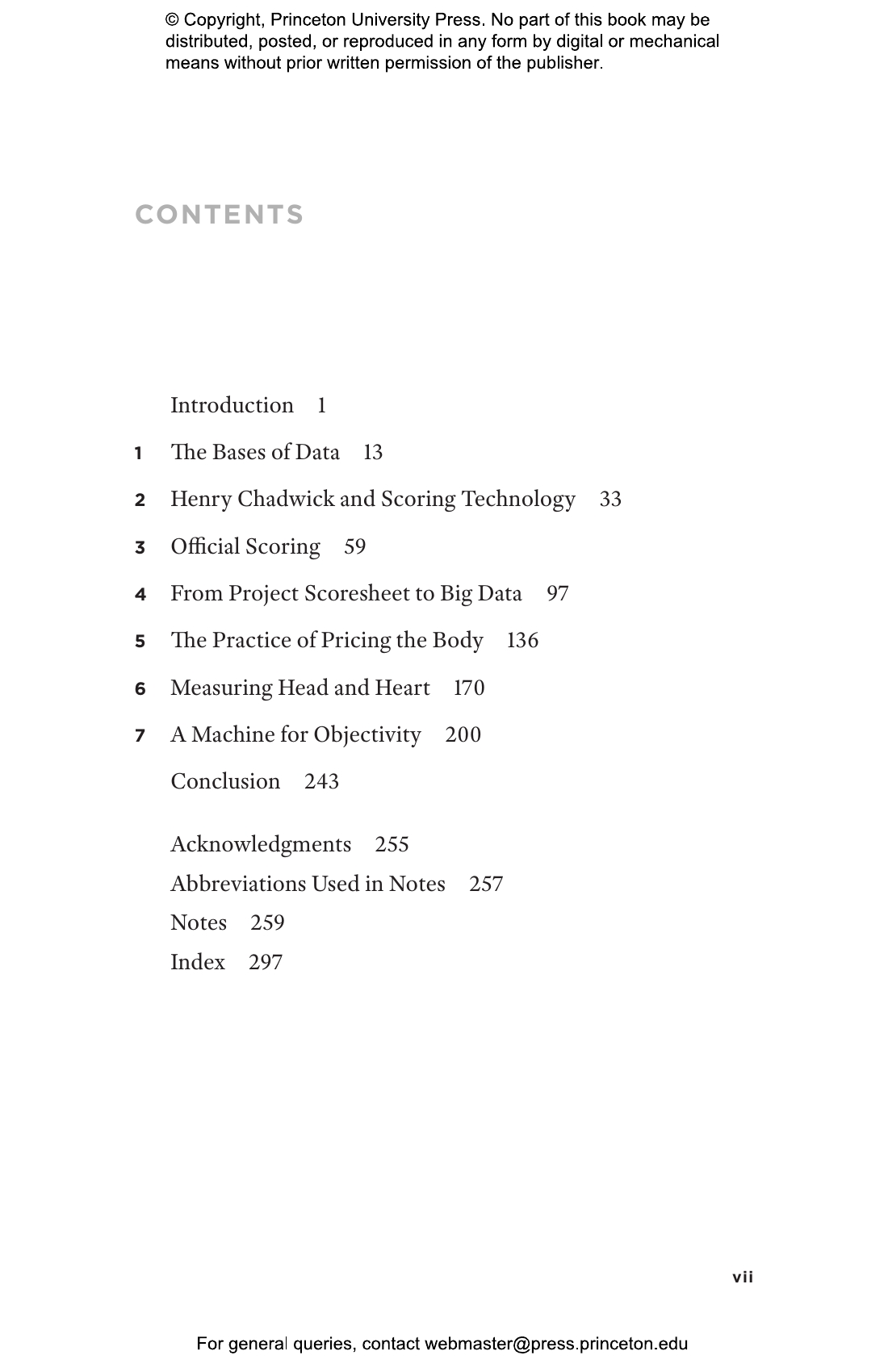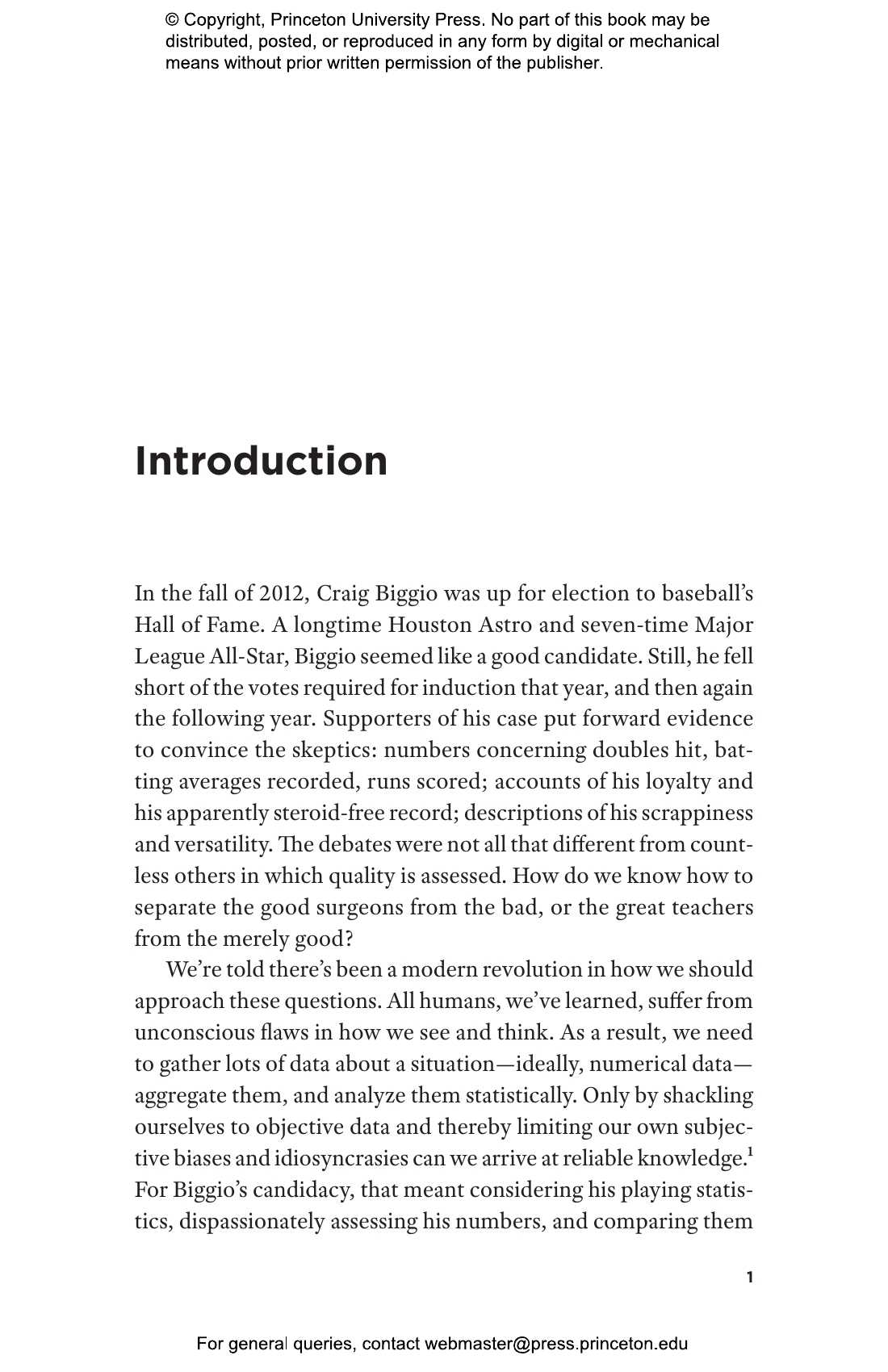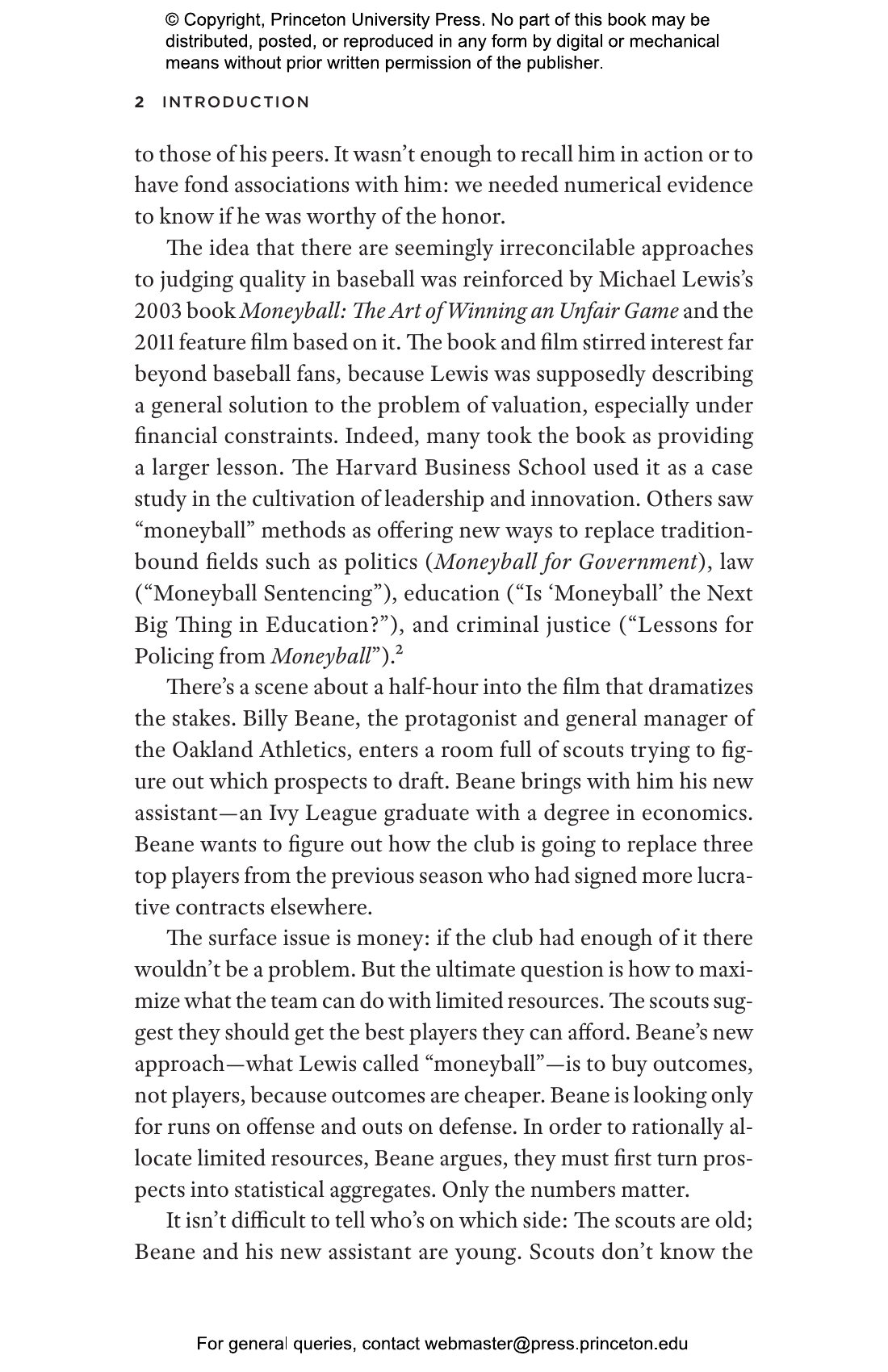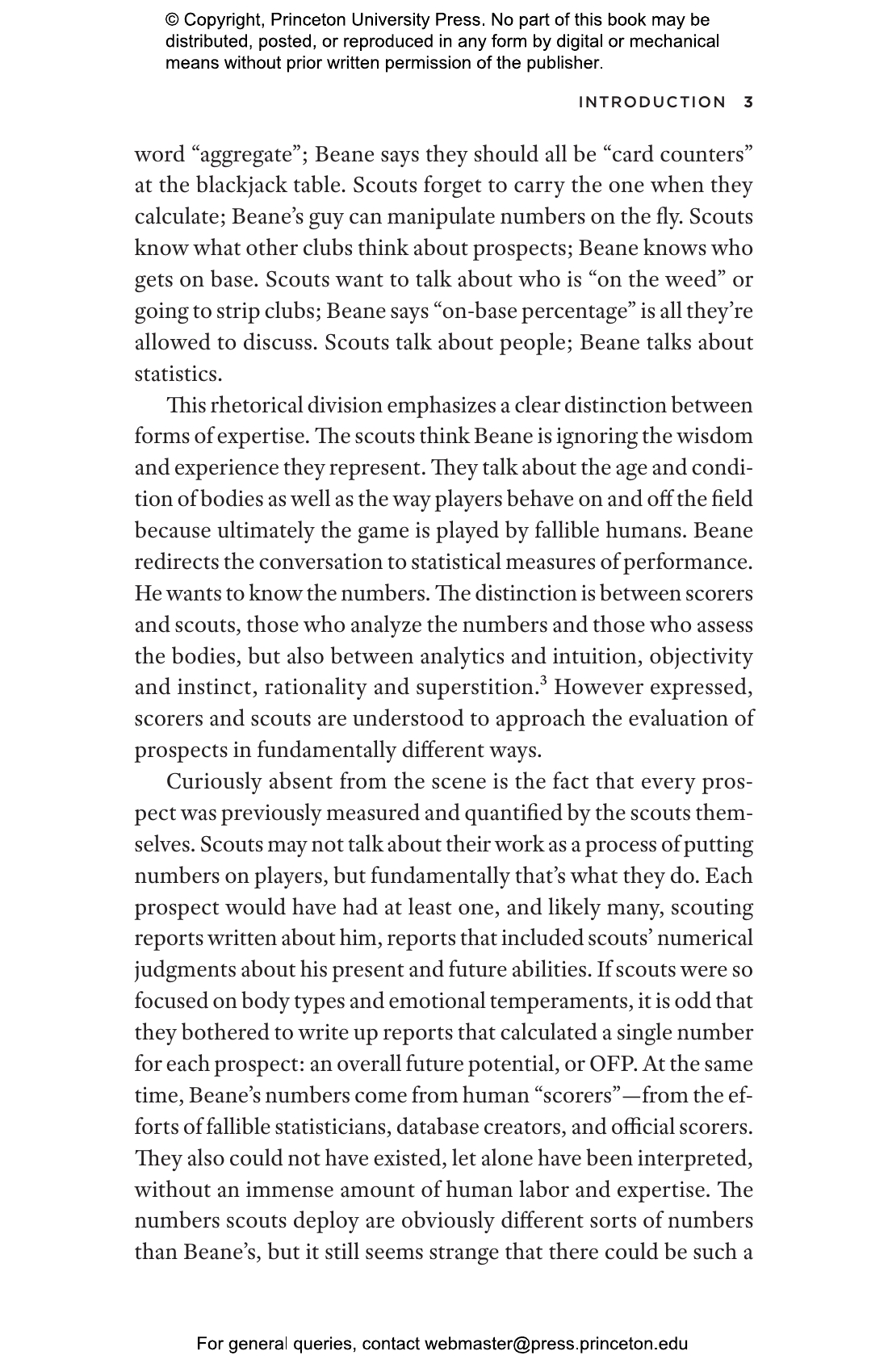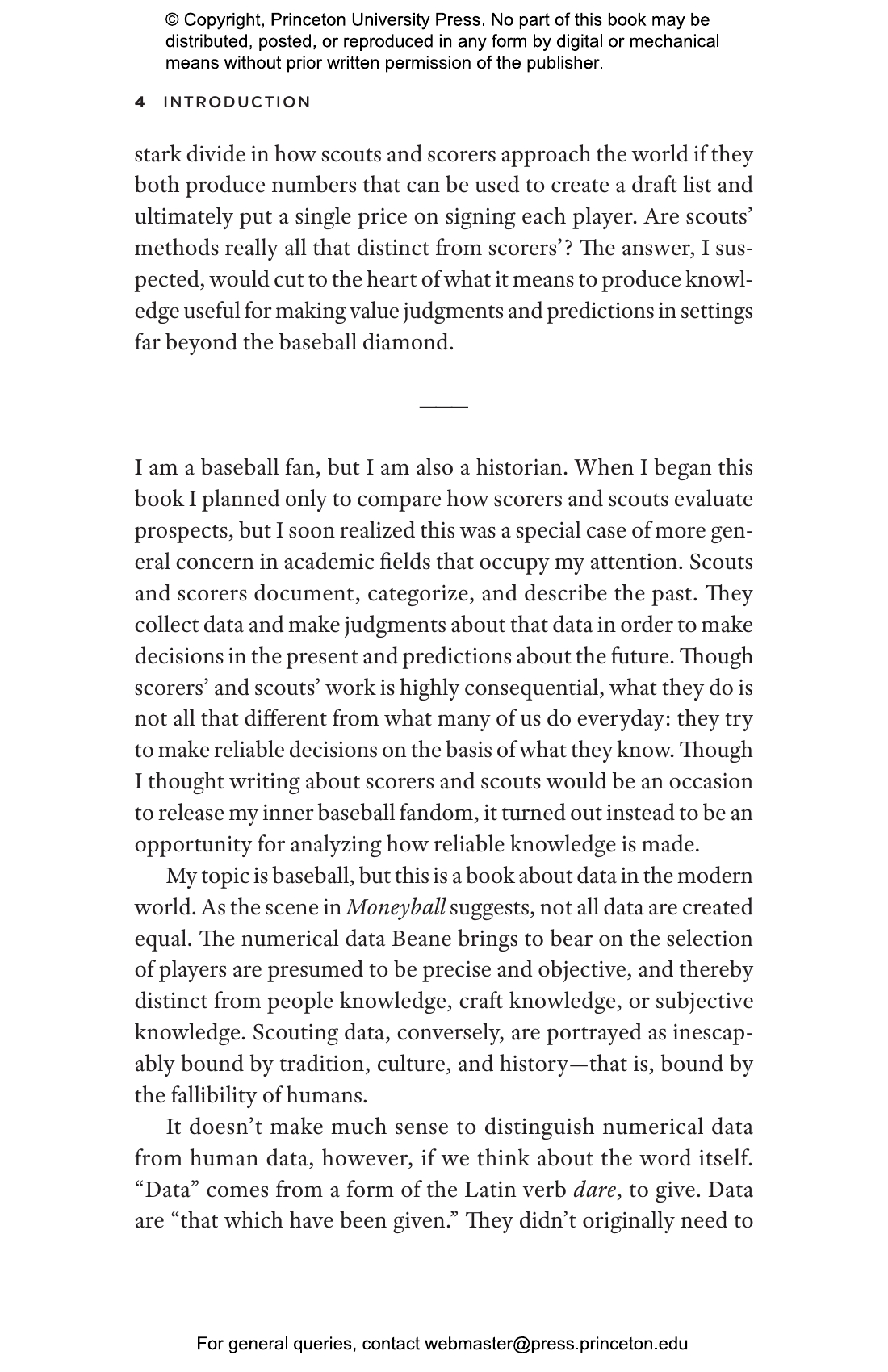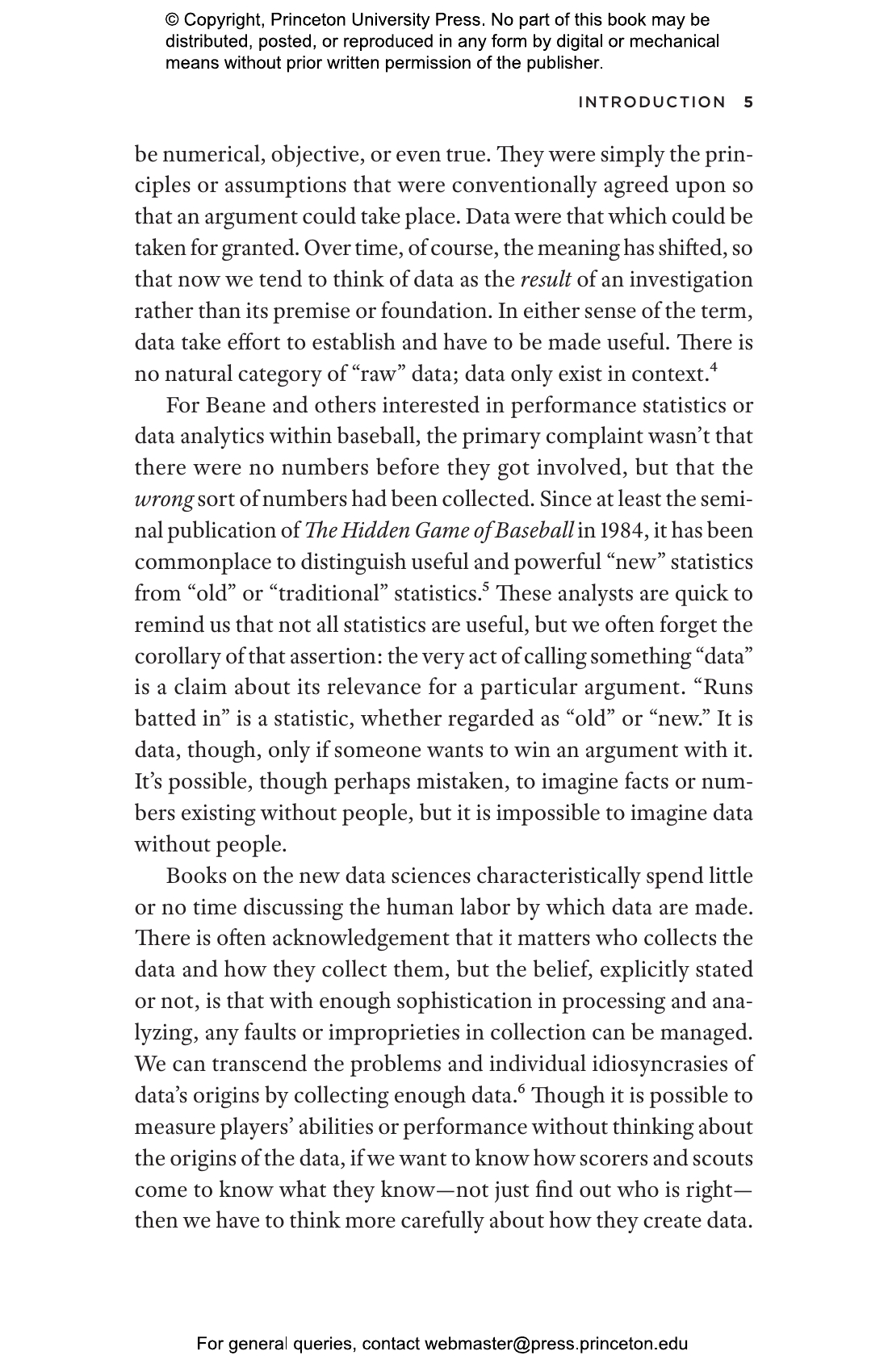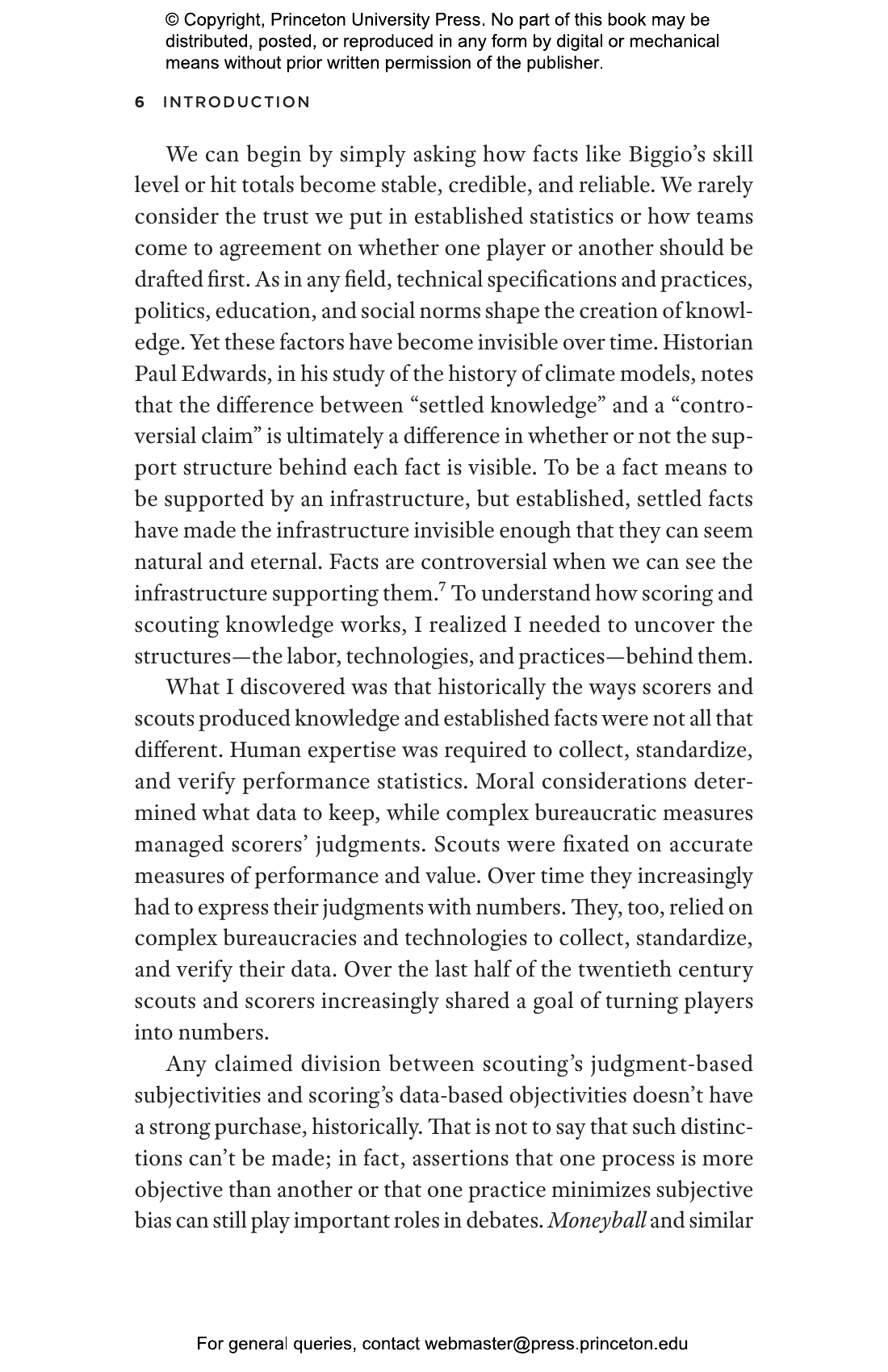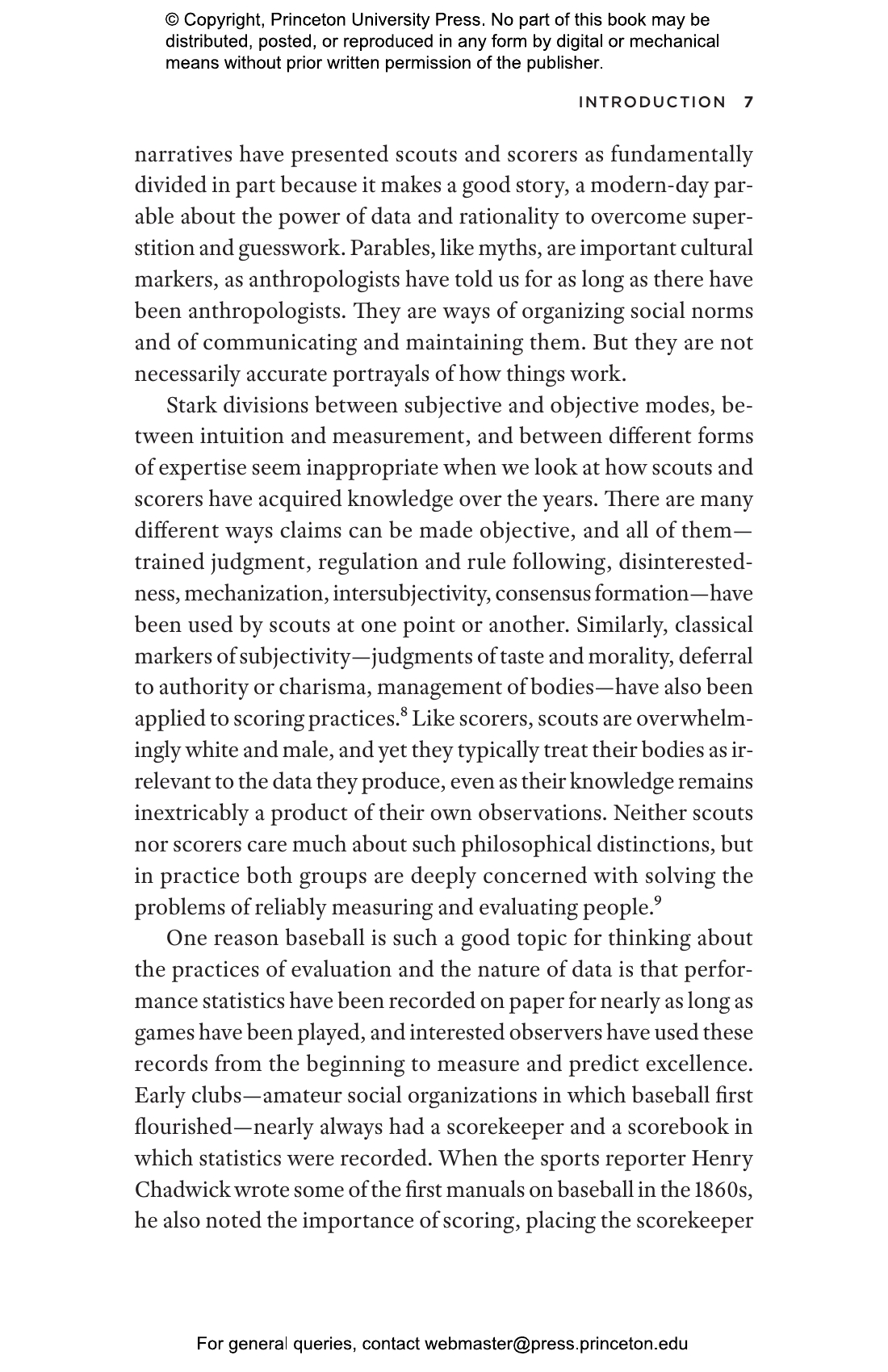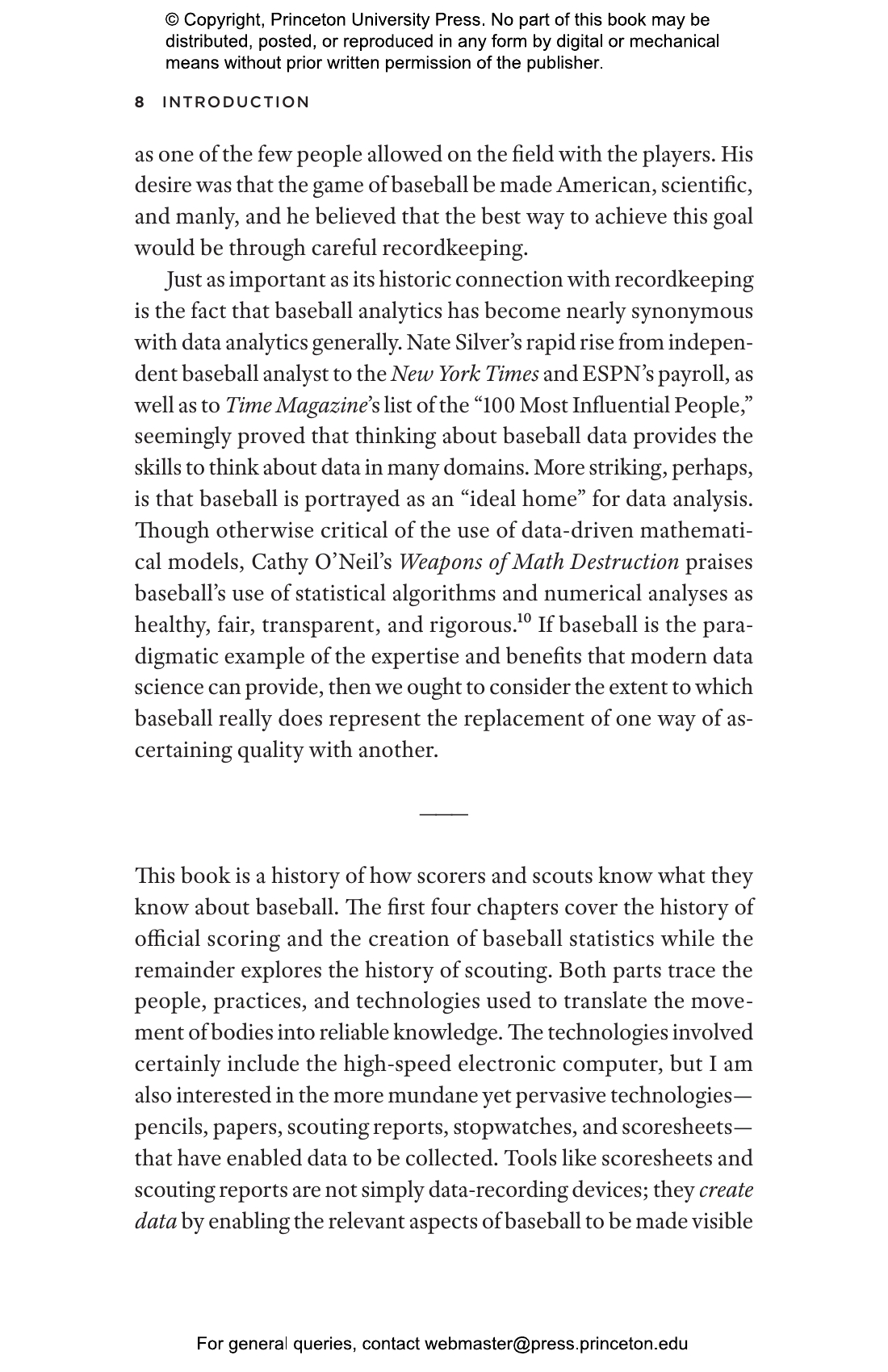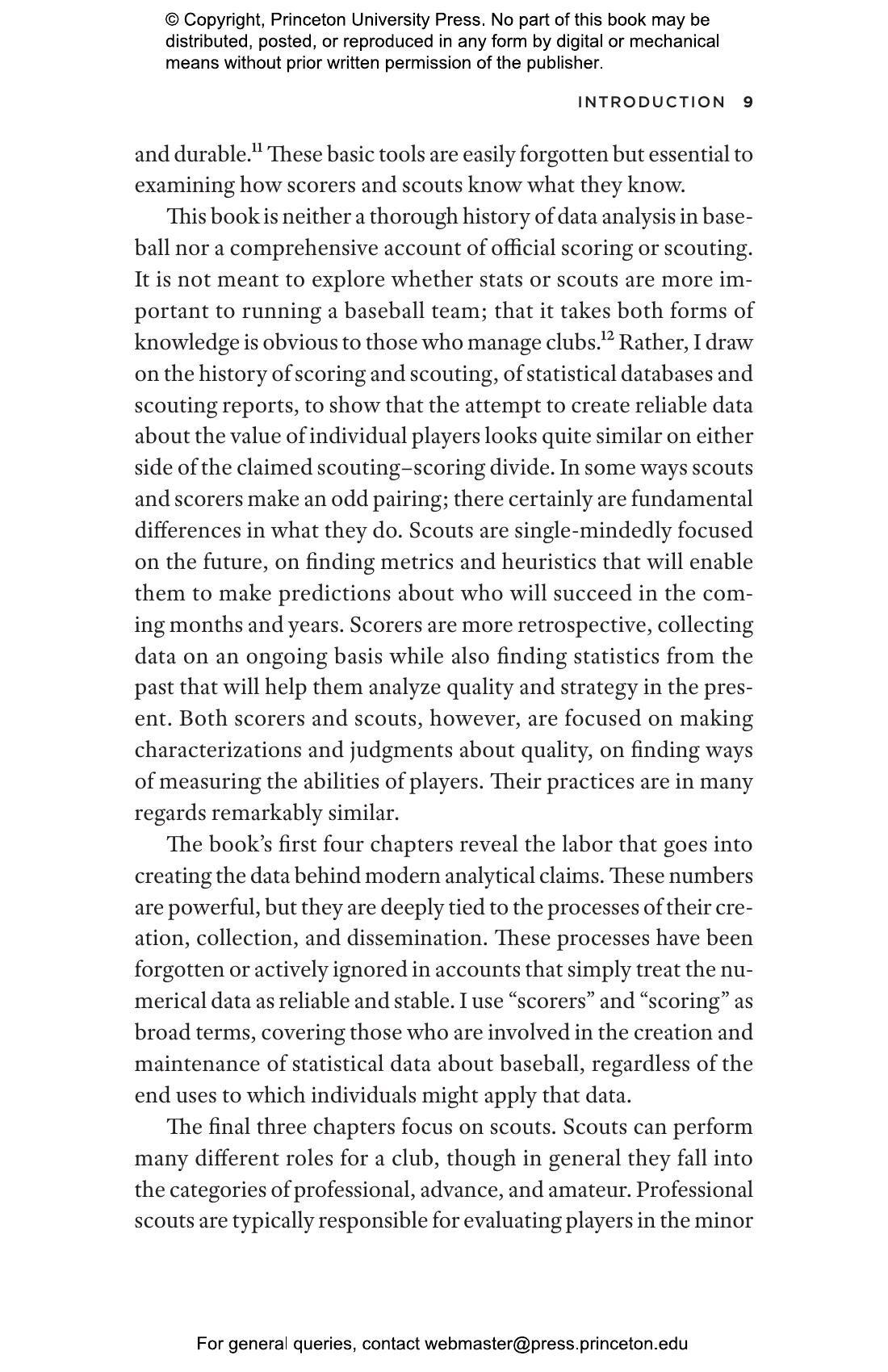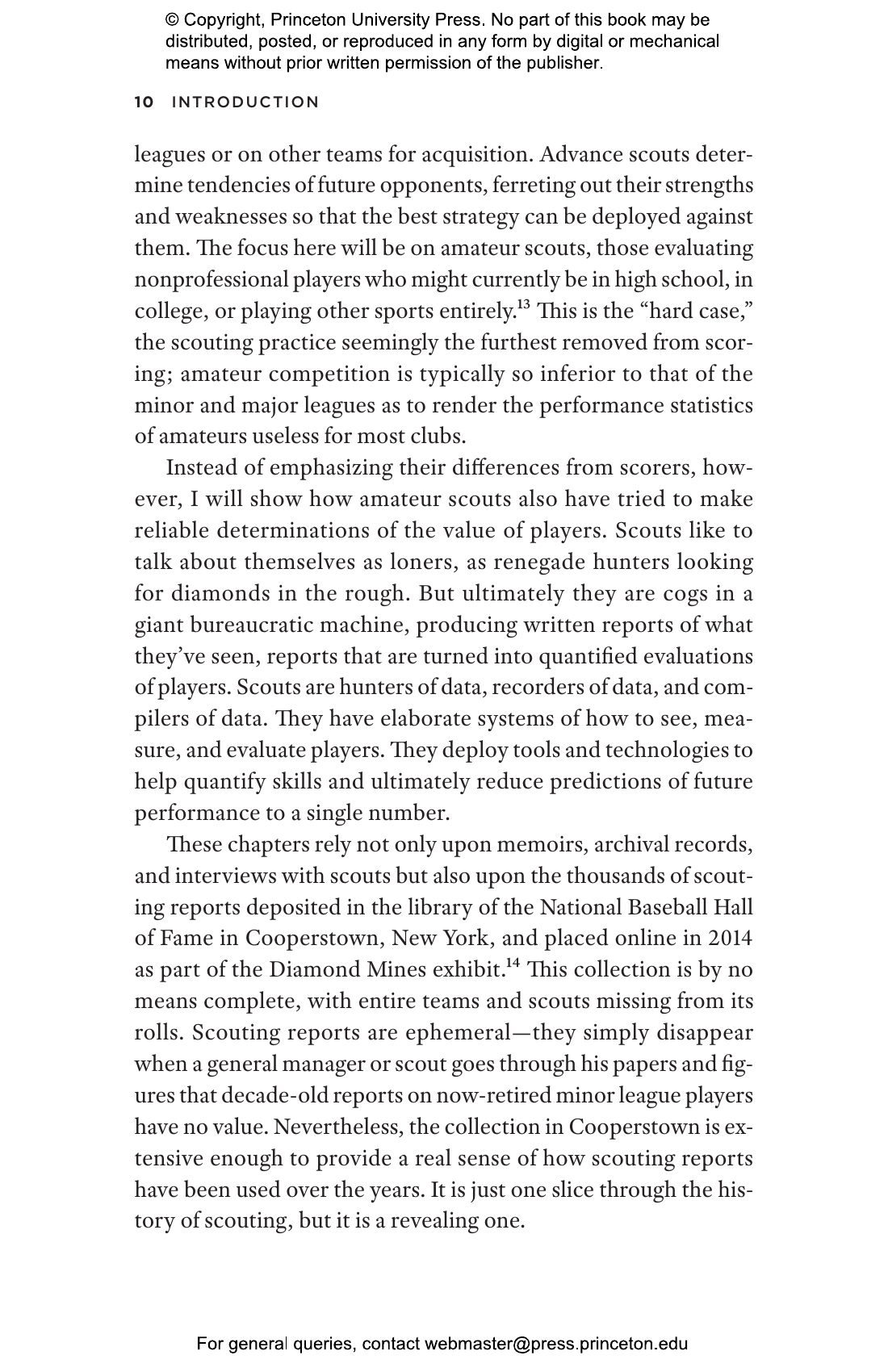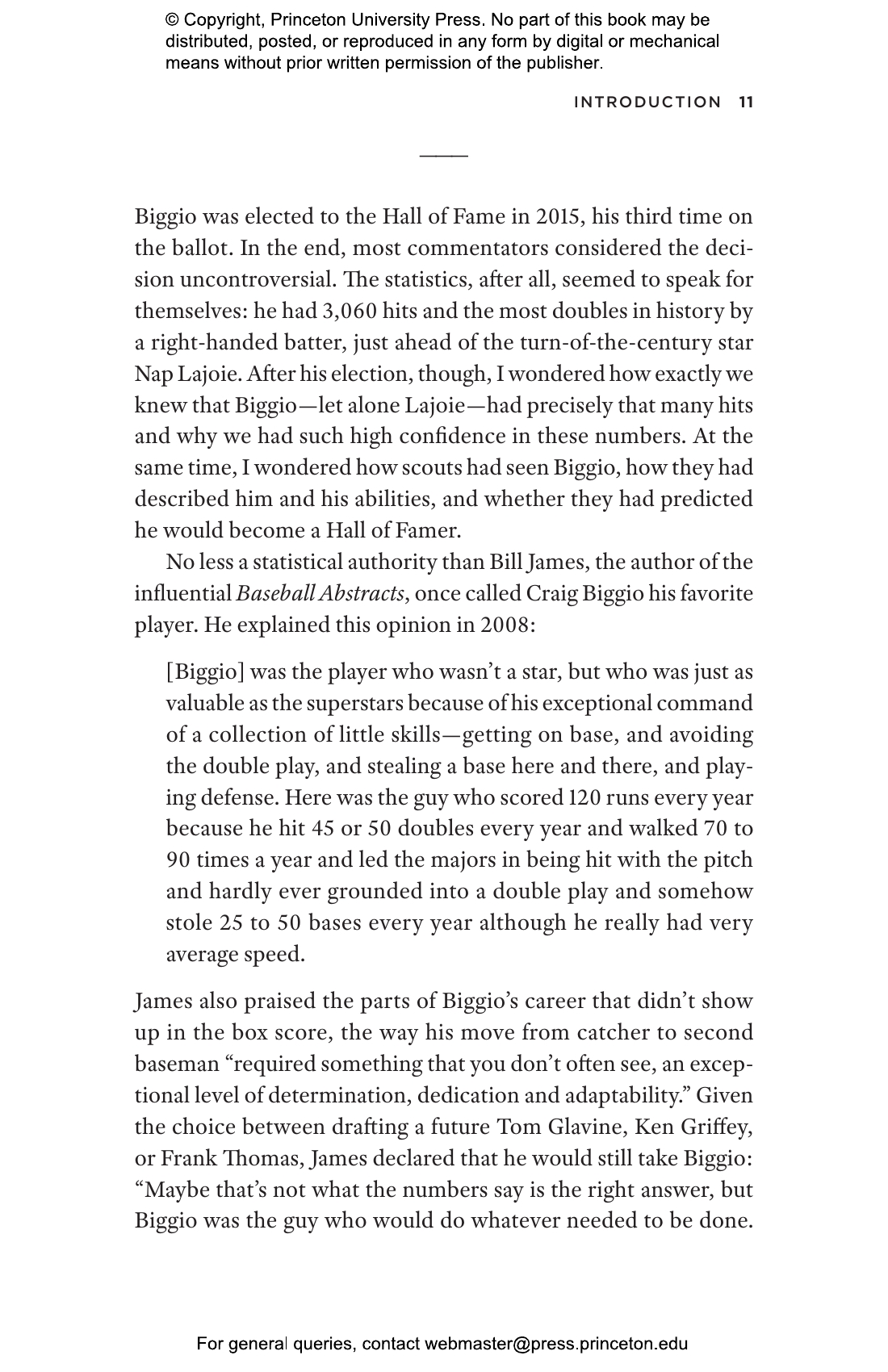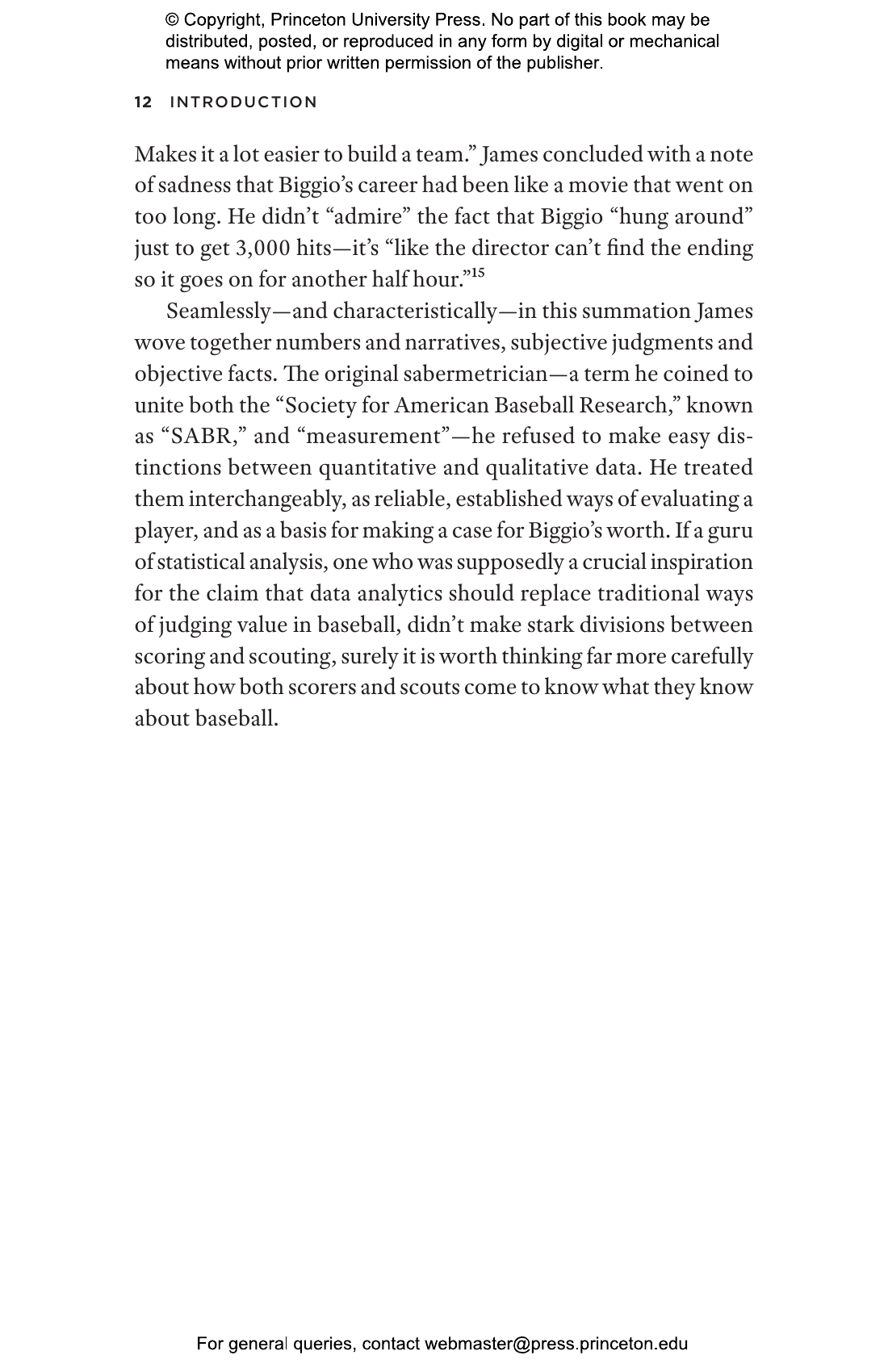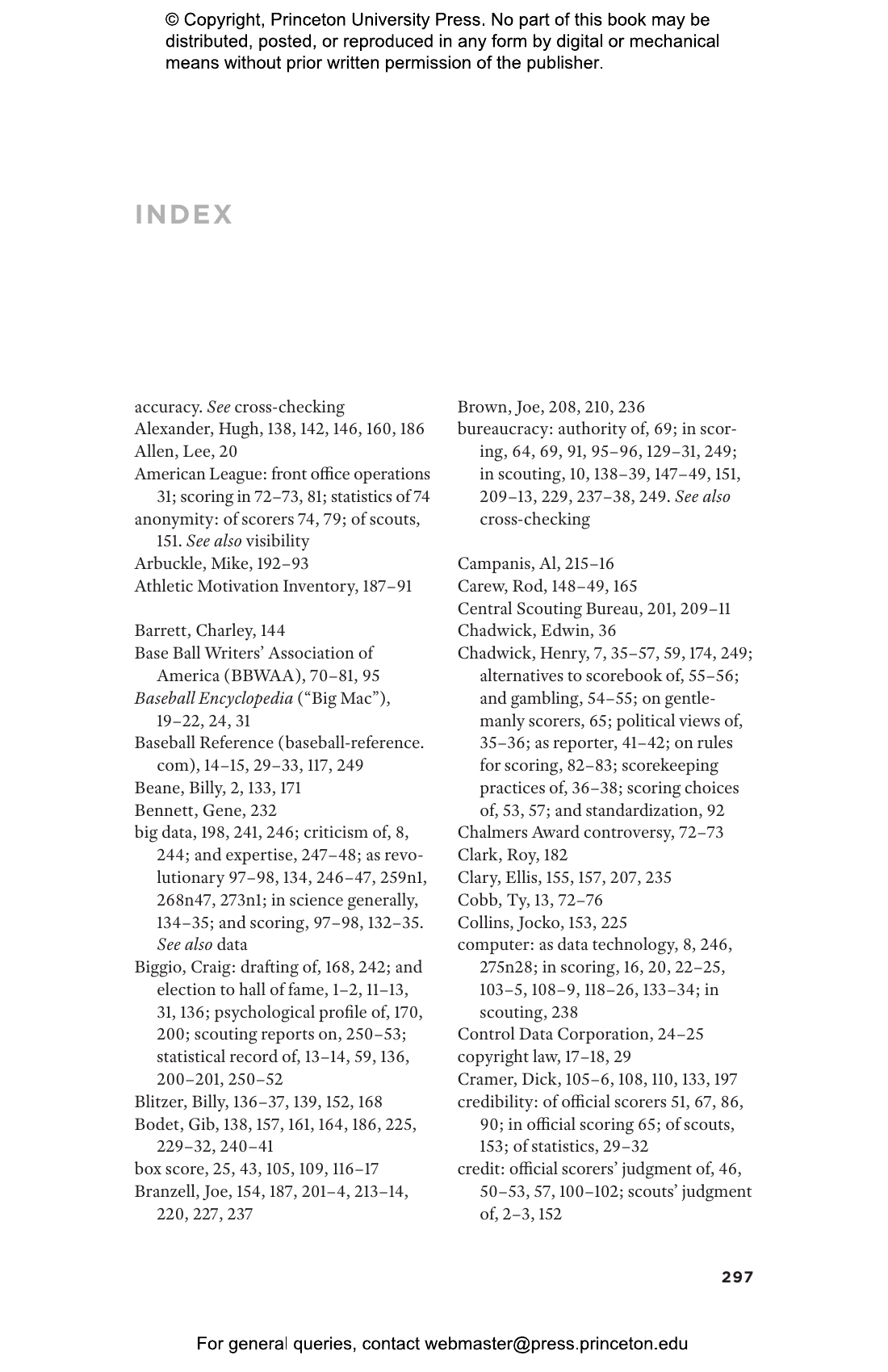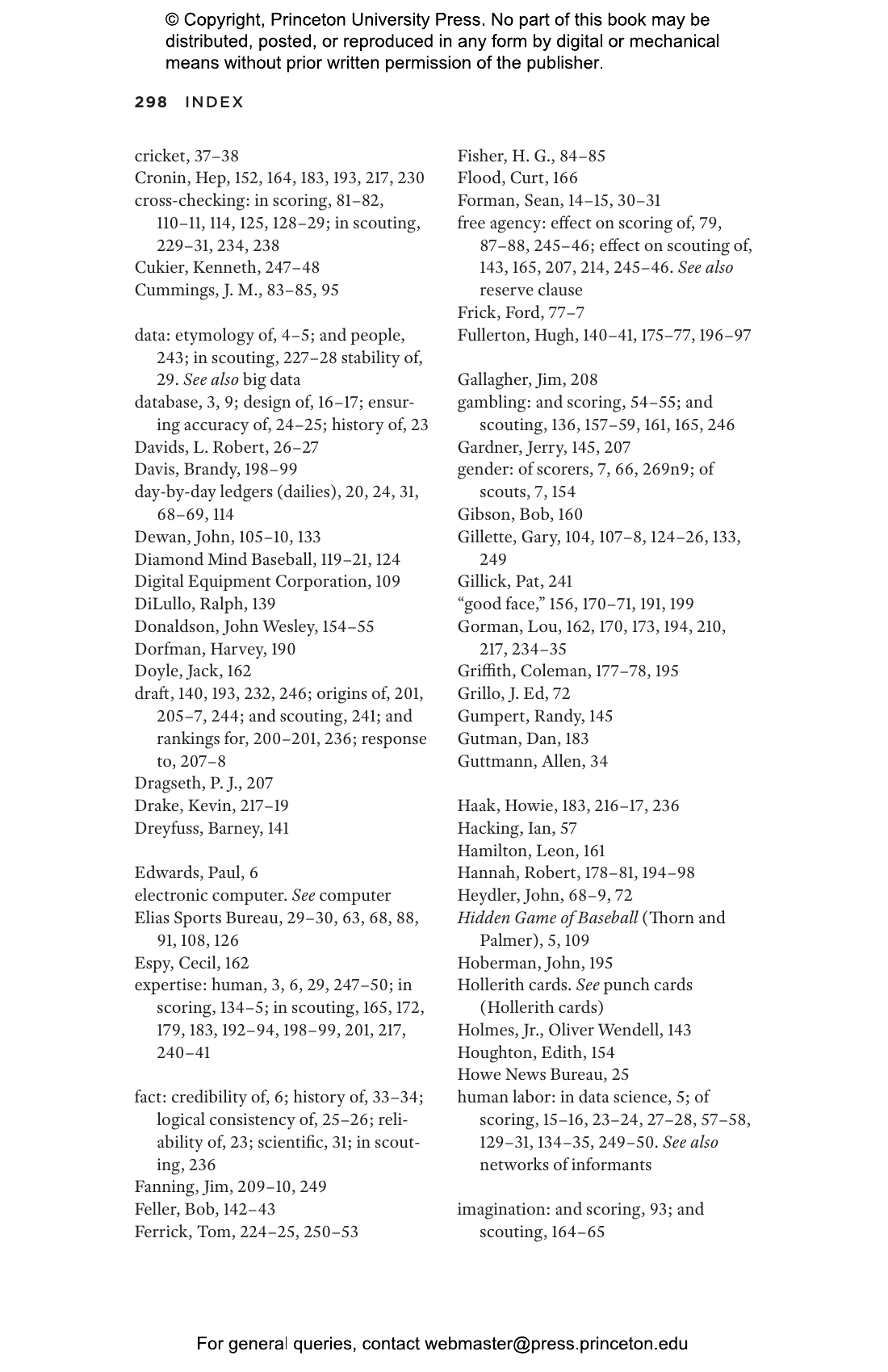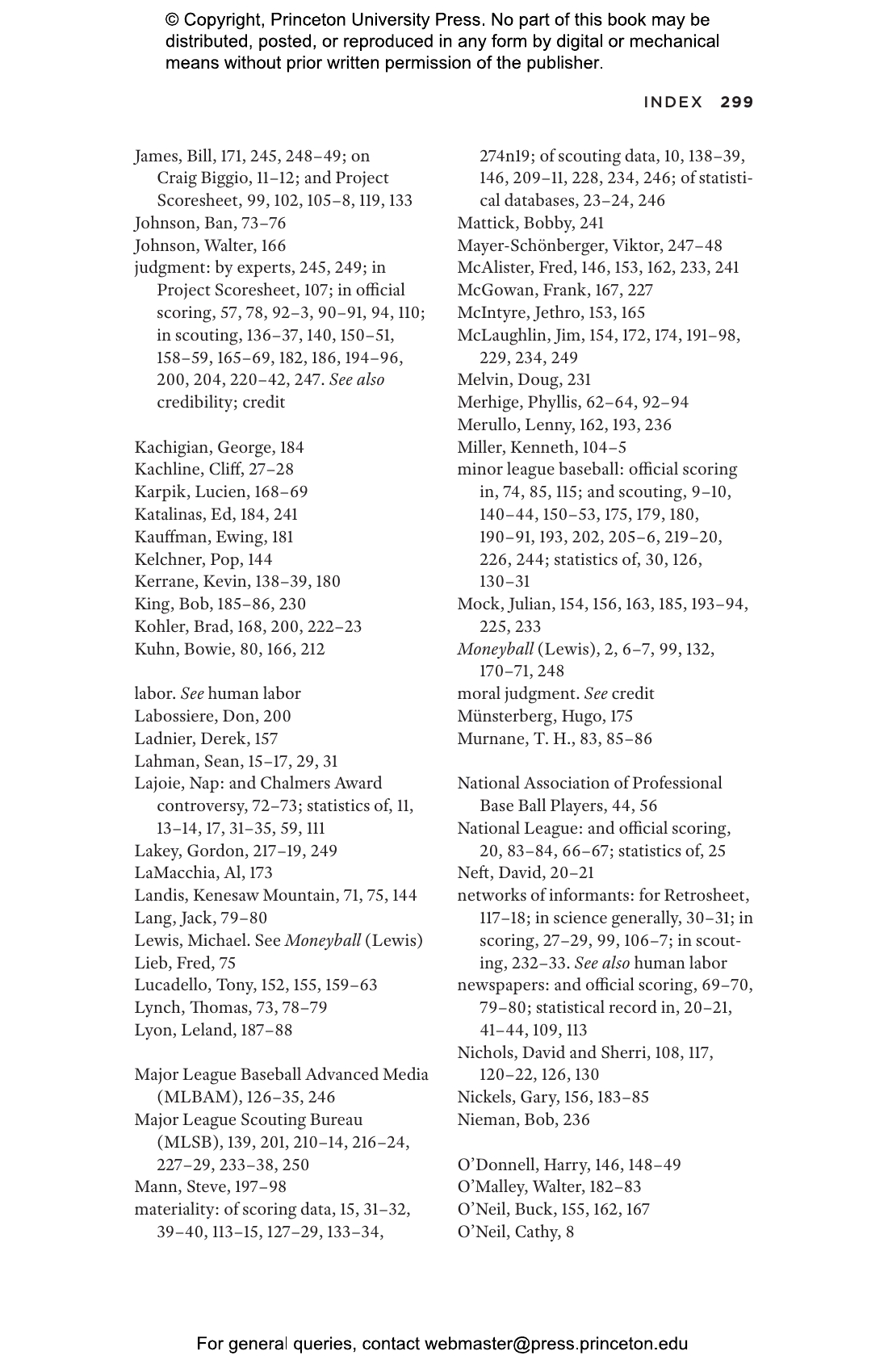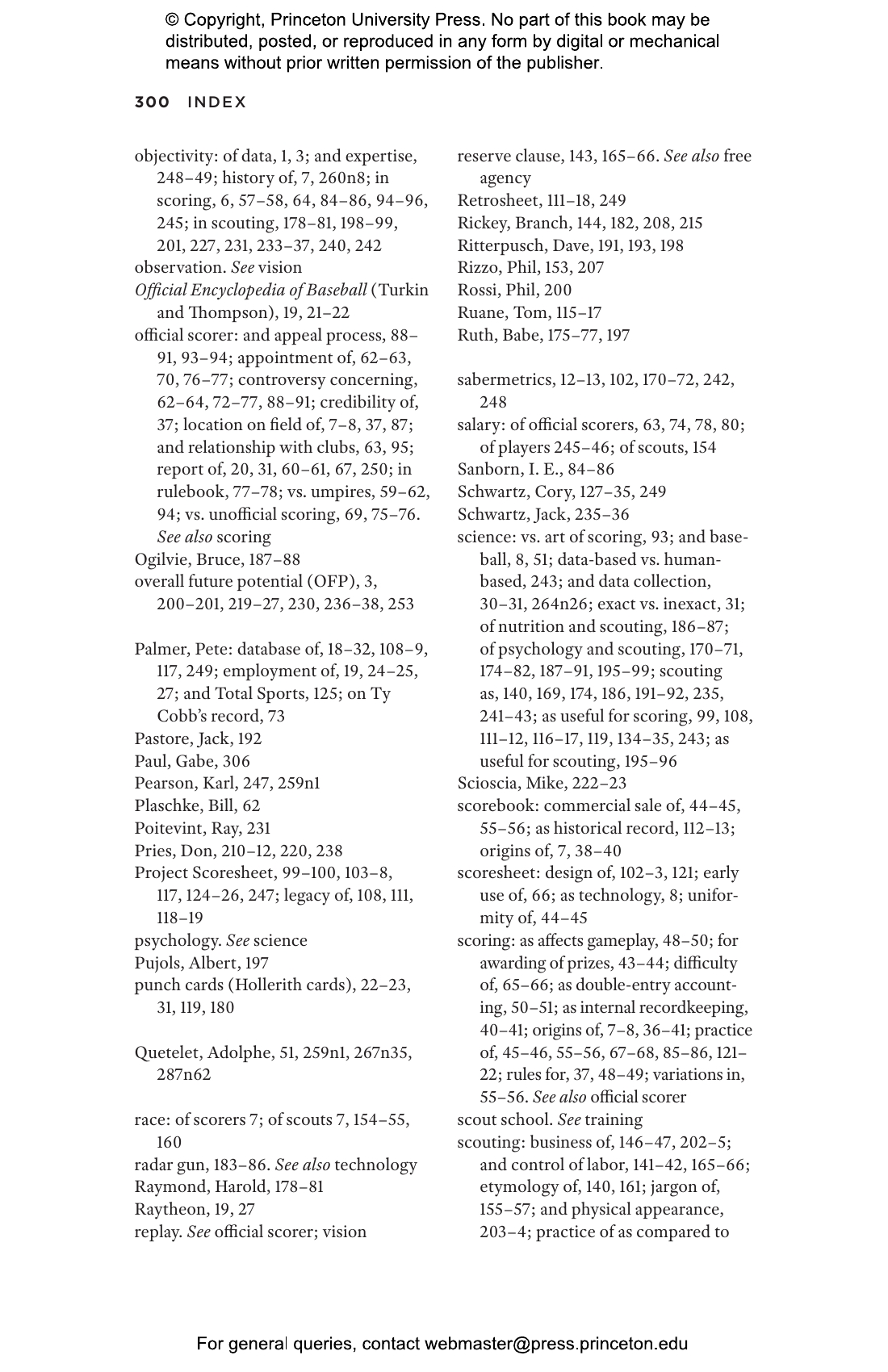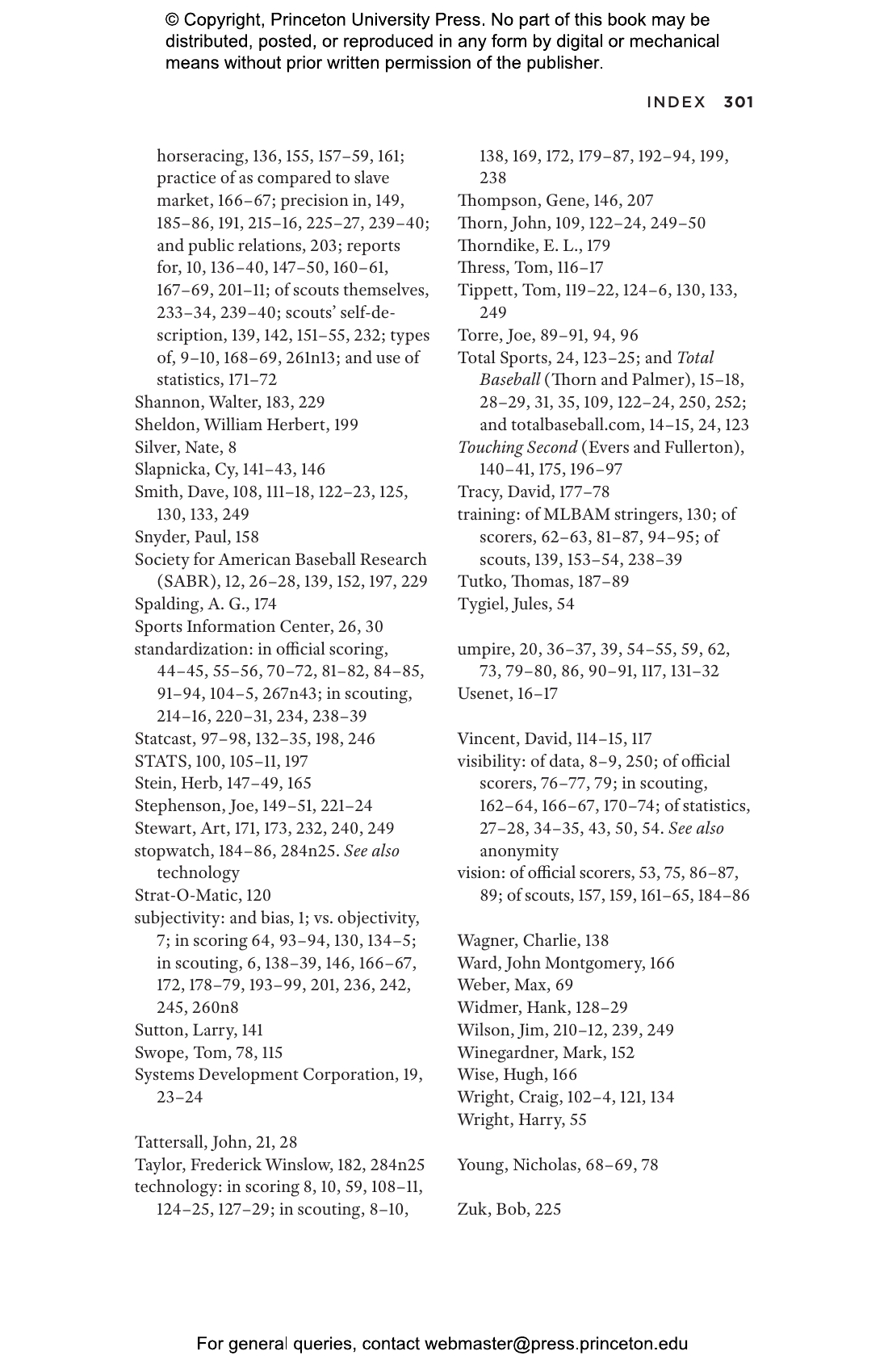Scouting and scoring are considered fundamentally different ways of ascertaining value in baseball. Scouting seems to rely on experience and intuition, scoring on performance metrics and statistics. In Scouting and Scoring, Christopher Phillips rejects these simplistic divisions. He shows how both scouts and scorers rely on numbers, bureaucracy, trust, and human labor in order to make sound judgments about the value of baseball players.
Tracing baseball’s story from the nineteenth century to today, Phillips explains that the sport was one of the earliest and most consequential fields for the introduction of numerical analysis. New technologies and methods of data collection were supposed to enable teams to quantify the drafting and managing of players—replacing scouting with scoring. But that’s not how things turned out. Over the decades, scouting and scoring started looking increasingly similar. Scouts expressed their judgments in highly formulaic ways, using numerical grades and scientific instruments to evaluate players. Scorers drew on moral judgments, depended on human labor to maintain and correct data, and designed bureaucratic systems to make statistics appear reliable. From the invention of official scorers and Statcast to the creation of the Major League Scouting Bureau, the history of baseball reveals the inextricable connections between human expertise and data science.
A unique consideration of the role of quantitative measurement and human judgment, Scouting and Scoring provides an entirely fresh understanding of baseball by showing what the sport reveals about reliable knowledge in the modern world.
Awards and Recognition
- Winner of a SABR Baseball Research Award, Society for American Baseball Research
- Finalist for the CASEY Award for Best Baseball Book of the Year, Spitball Magazine
Christopher J. Phillips is associate professor of history at Carnegie Mellon University. He is the author of The New Math: A Political History. His work has appeared in such publications as the New York Times, Science, and Nature. He lives in Pittsburgh.
"The subject of Christopher Phillips’s Scouting and Scoring is baseball, but it’s worth reading for more than just the baseball. The book is an effort to help us understand one of the oldest problems in modern societies, which is how to evaluate human beings."—Louis Menand, New Yorker
"Phillips’ book is an enticing read for baseball data enthusiasts and, more broadly, those interested in thinking about notions such as ‘fact’ and ‘truth,’ how one measures the seemingly immeasurable, and attempts to quantify human potential."—Russ Goodman, MAA Reviews
"Christopher Phillips knows that you can't spell history without story. He goes back, back, back—from beyond the dawn of baseball's quantification and evaluation through to today's worship of objective data—to find where subjectivity and humanity stubbornly lurk. Scouting and Scoring is provocative, thorough, and brilliant."—John Thorn, official historian of Major League Baseball
"Many have written about the sabermetric revolution, but no one has ever presented the history of it all in such a coherent and entertaining fashion as Christopher Phillips has done here. Everyone interested in understanding modern baseball needs to read this book."—Dave Smith, founder of Retrosheet
"With clear and careful writing, Scouting and Scoring describes how, for a large part of its history, professional baseball has been accompanied by an array of performance statistics. Chronicling different phases in baseball’s development since the nineteenth century, this book focuses on the performance measures used and the bureaucratic infrastructures that supported their use. This is a great topic and not just for those that like baseball."—Michael Lynch, Cornell University
"This striking, elegant, and brilliant book offers a dual account of the scouting and scoring traditions that have made modern baseball what it is. Scouting and Scoring is a unique contribution to the history of quantification—and the history of the modern human sciences more generally—told by a talented historian with a great love for the untold stories of baseball tabulators."—Rebecca Lemov, Harvard University
